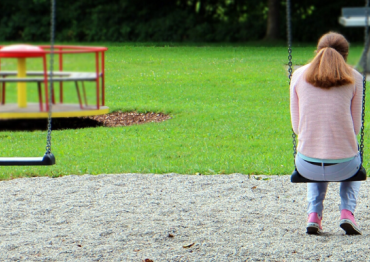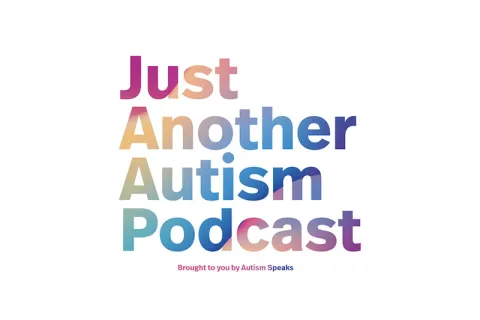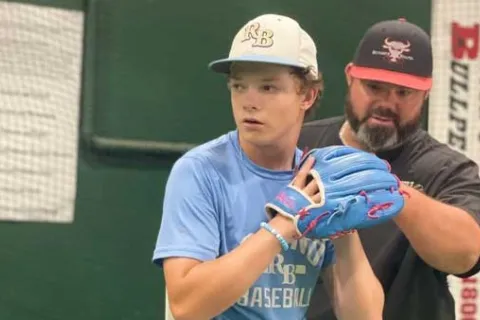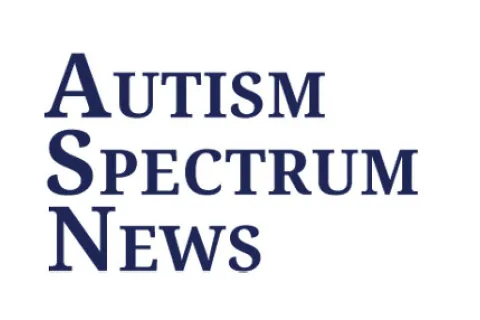Please teach your children kindness when interacting with kids with special needs
By Kerry MagroThis guest post is by Kerry Magro, a professional speaker, best-selling author and autism entertainment consultant who is on the autism spectrum.
I have a request for all parents reading this…
Teach your child to be kind to others especially those with autism and special needs.
Those with special needs are twice as likely to be bullied compared to their nondisabled peers.
Growing up with autism I would befriend bullies because even though I was receiving negative attention it was some form of attention. I also had a challenge understanding sarcasm. Being nonverbal till I was 2.5 and not speaking in complete sentences till I was 7, I was an easy target because I couldn’t stand up for myself.
I needed genuine friends who had similar key interests. Maybe if I had less people who would do these things to me, I would have had more opportunities to form those friendships.
Now today as an adult I’ve found a job as a public speaker and give virtual talks in businesses & schools often discussing the importance of autism inclusion & kindness.
I was inspired to write this after reading an autism moms about a situation that happened to her autistic son being bullied by his peers. It reminds me that this is not an isolated incident but something that happens far too often in our community.
It doesn’t stop with autism though.
I know of individuals with Down Syndrome who have been mocked in the past for how they look.
I know those with Social Communication Disorder who have been bullied for them keeping to themselves and being the ‘quiet kid.’
I know those with Cerebral Palsy who’ve been made fun of for how they walk.
I could go on and on.
Pledge to practice empathy, celebrate differences and educate others to do the same.
Thank you for taking the time to read this. We together can make the world a kinder place for everyone to live in.
Your friend, Kerry







